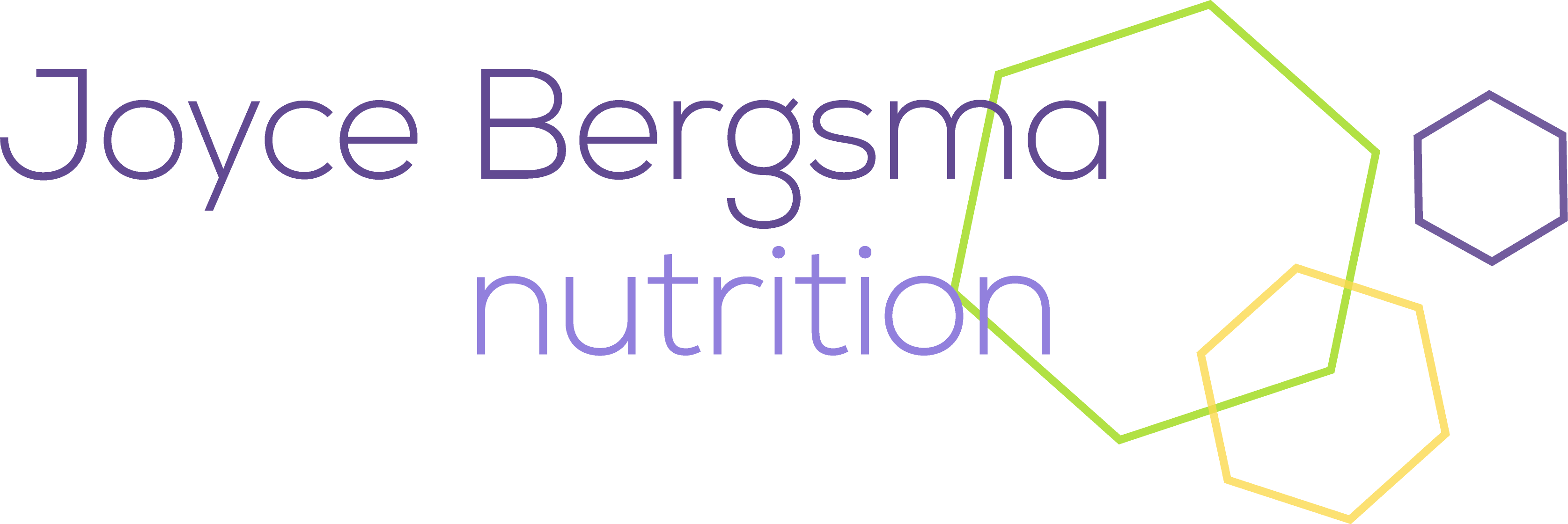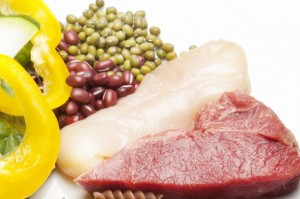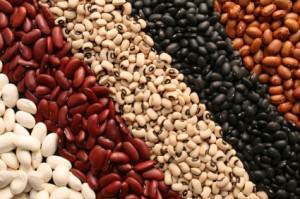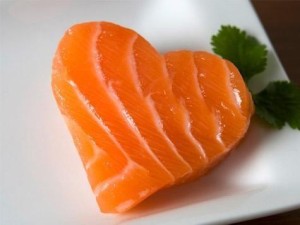
Top 5 protein promises
Lentils are just one example of where you can get protein from; but why is it important for us? Well, not only would we not be able to stand, but we would have no energy and we might be very anxious.
1. For the strength to stand
Protein is part of our muscles, as we all know, but did you know it also makes up our tendons, ligaments and bone? Our hair, skin and nails are also made up of a protein called keratin.
2. To prevent colds and infections
Our immune system is complex and is made up of protein-based compounds that have important roles in fighting off pathogens. Some of these include antibodies and cytokines like interleukins.
3. To keep our mood balanced and avoid anxiety and depression
Neurotransmitter production starts with amino acids as the main building block. GABA, serotonin, acetylcholine and dopamine to name a few. These send signals to the brain that allow us to feel stimulated, calm down, be motivated, relaxed and happy. Without enough protein (and the nutrients that are cofactors), it becomes very difficult to maintain balance.
4. Giving our body a breath of fresh air
Haemoglobin transports oxygen to our cells via the blood and is made up of protein. Energy production is often linked to how many carbs you eat, but in reality, proteins (amino acids) play a crucial role.
5. They’re not just from raw foods
Enzymes are important proteins, that you may know are found in raw and lightly cooked foods. They initiate all the biochemical reactions in the body. These reactions are told by enzymes to begin, but also when to stop, and are crucial to every part of the body.
6. BONUS: A healthy sex life!
Not only are hormones made from proteins, but they play a role in growth and development, the health of our nervous system and regulate various physiological processes, but they also contribute to a healthy mood and sex life. Testosterone, oestrogen and progesterone are all proteins that contribute to a healthy libido. Insulin is probably one of the other best known hormones and is vital for blood sugar control and weight management.
But how much protein do we need?
You can easily see with this many uses throughout the body how important it is that we eat enough each day.
The European Food Safety Authority has said that 0.83g per kg of adult body weight is sufficient to support normal processes within the body.
That means, on average, a man will need around 68g of protein per day and a woman will need about 52g per day.
**Update** For optimum health recommendations are now estimating a need of 1.1g per kilo of body weight. This scale has now been updated to reflect that.**
|
Weight (kg) |
Grams of protein per day |
|
50 |
55 |
|
55 |
60.5 |
|
60 |
66 |
|
65 |
71.5 |
|
70 |
77 |
|
75 |
82.5 |
|
80 |
88 |
|
85 |
93.5 |
|
90 |
99 |
|
95 |
104.5 |
Higher requirements
At some points in our lives, we may require more protein. Reasons for that could be:
- Pregnancy and breastfeeding
- Sports
- In childhood
- Times of trauma
- Poor health
Especially with regular and strenuous sports training, protein needs may be anywhere between 1.0-1.6g per kg of bodyweight per day.
An athlete’s protein requirements (based on 1.3g/kg)
|
Weight (kg) |
Grams of protein per day |
|
50 |
69 |
|
55 |
75.9 |
|
60 |
82.8 |
|
65 |
89.7 |
|
70 |
96.6 |
|
75 |
103.5 |
|
80 |
110.4 |
|
85 |
117.3 |
|
90 |
124.2 |
|
95 |
78 |
Low protein diets
If we are having difficulty digesting proteins or just not meeting our daily requirements, the body may, over time, start showing evidence of this:
- Dry, itchy, flaky skin and peeling nails
- Frequent colds and infectins due to poor immunity
- Dull, brittle, thin hair or hair that falls out
- Slowed or failure to grow
High protein diets
Equally, it is possible to eat too much protein in order for our bodies to process. When protein breaks down the process produces ammonia. Excess protein in the diet puts pressure on the liver and kidneys to detoxify the ammonia. Additionally, high animal protein intake increases the risk of kidney stones by 250 percent.
As proteins break down into amino acids during the digestive process, this has an acidic effect on the body. When our diets are high in protein this can increase calcium excretion from the bones and teeth and other calcium stores in order to maintain the fine balance in the body. As research has shown, cancer cannot live in an alkaline environment, but it prefers a more acidic environment.
What does a balanced diet of protein look like?
As with all of our food, it’s about eating quality protein. Most people associate protein only with meat and fish, but in addition to those, there are some excellent sources of protein from vegetarian sources.
If you find it hard to get enough protein in the day, there are several sources of organic protein powders on the market today including:
- Hemp
- Pea
- Chia seed
- Whey (not for use with dairy intolerances)
|
Food |
Average portion size |
Grams of protein |
| Chicken breast |
150g |
45g |
| Tinned tuna (1 can) |
130g (drained) |
36g |
| Turkey breast |
150g |
33g |
| Salmon fillet |
150g |
30g |
| Beef (lean) |
200g |
30g |
| Cottage cheese |
150g |
14g |
| Lentils |
150g |
12g |
| Quinoa |
100g |
11g |
| Beans (1 can) |
200g |
9.7g |
| Semi-skimmed milk |
200ml |
7g |
| Yoghurt |
150g |
7g |
| Oats |
60g |
6.6g |
| Egg |
1 medium |
6g |
| Wholemeal bread |
per slice |
4.7g |





Comments
[…] An excellent source of vitamin K, eggs are also a very good source of B vitamins (biotin, thiamine and B12), selenium, vitamin D and protein. […]
[…] So focus on including enough protein in your diet, especially vegetarians and vegans, who tend to eat less. Include lots of legumes (beans and lentils), eggs, meat, fish, nuts and seeds. For more specifics on protein, check out this post. […]